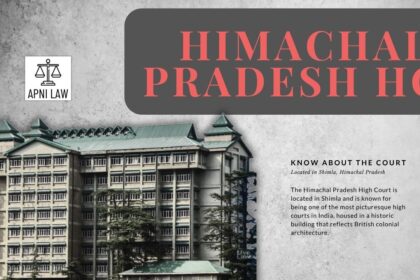Code:
The provisions of sections 38, 70, 72, 74, 77, 78 and 79 shall, so far as may be, apply to all search-warrants issued under section 93, section 94, section 95 or section 97.
Explanation:
Section 99 CrPC empowers a Magistrate to issue a search warrant in specific circumstances. This section lays down the procedure and grounds for obtaining a search warrant, ensuring due process and preventing abuse of this power.
A search warrant is a legal document issued by a Magistrate authorizing a police officer or any other person designated to search a particular place for specific items related to a crime.
The key provisions of Section 99 CrPC are:
- Grounds for Issuance: The Magistrate can issue a warrant only if there is sufficient reason to believe that:
- An offense has been committed.
- The items to be searched for are connected to the offense.
- The items are likely to be found at the place to be searched.
- Information: The application for the warrant must be supported by an information on oath, which must be specific and detailed.
- Particulars of Warrant: The warrant must specify the place to be searched, the items to be seized, and the person authorized to execute the warrant.
- Time Limits: The warrant must be executed within a specified period (usually 15 days).
Illustration:
Imagine a case where a robbery has occurred, and the police suspect that the stolen property is hidden in a particular house. They gather evidence like eyewitness accounts and information from informants. Based on this evidence, a police officer approaches the Magistrate with a detailed application seeking a search warrant for the house.
The Magistrate, after scrutinizing the application and considering the evidence, may issue a search warrant authorizing the police to search the house for the stolen property. The warrant will specify the items to be seized, the house address, and the time limit for executing the search.
Common Questions and Answers:
Q: Who can issue a search warrant?
A: Only a Magistrate has the power to issue a search warrant under Section 99 CrPC.
Q: What are the essential requirements for obtaining a search warrant?
A: The applicant must provide sufficient reason to believe that an offense has been committed, the items to be searched for are connected to the offense, and they are likely to be found at the specified place.
Q: What happens if a search warrant is executed unlawfully?
A: Evidence seized during an unlawful search may be inadmissible in court. Additionally, the police officer conducting the unlawful search may face legal consequences.
Q: Can a search warrant be issued without informing the person whose premises are to be searched?
A: Generally, the person whose premises are to be searched should be informed before the execution of the warrant, unless it is considered necessary to prevent the concealment or destruction of evidence.








